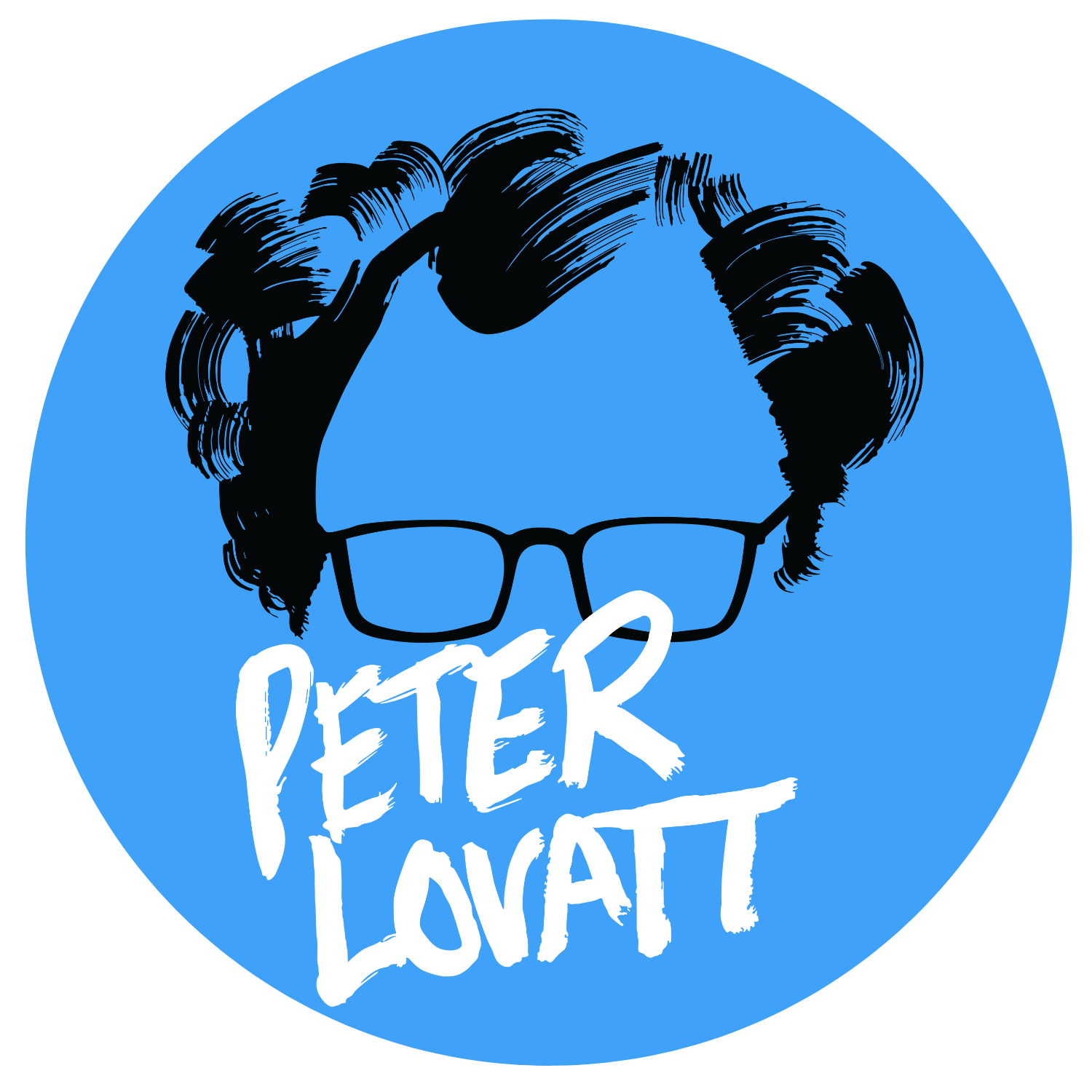
Rose, D., Ott, L., Guerin, S. Annett,L. E., Lovatt, P. J., & Delevoye-Turrell, Y., (2021). A general procedure to measure the pacing of body movements timed to music and metronome in younger and older adults. Scientific Reports, (2021) 11:3264 DOI: 10.1038/s41598-021-82283-4
Finger-tapping tasks are classically used to investigate sensorimotor synchronization in relation to neutral auditory cues, such as metronomes. However, music is more commonly associated with an entrained bodily response, such as toe tapping, or dancing. Here we report an experimental procedure that was designed to bridge the gap between timing and intervention studies by directly comparing the effects of metronome and musical cue types on motor timing abilities across the three naturalistic voluntary actions of finger tapping, toe tapping, and stepping on the spot as a simplified case of whole body movement. Both pacing cues were presented at slow, medium, and fast tempi. The findings suggested that the task of stepping on the spot enabled better timing performances than tapping both in younger and older adults (75+). Timing performances followed an inverse U shape with best performances observed in the medium tempi that were set close to the spontaneous motor tempo in each movement type. Finally, music provided an entrainment effect in addition to pace setting that enabled better motor timing and greater stability than classically reported using a metronome. By applying time-stamp analyses to kinetic data, we demonstrate that tapping and stepping engage different timing modes. This work details the importance of translational research for a better understanding of motor timing. It offers a simple procedure that strengthens the validity of applying academic work and contributes in knowledge towards a wide range of therapeutic interventions.
Dr Peter Lovatt spent over 20 years working as a university academic. He set up the Dance Psychology Lab to understand dance and dancers from a psychological, scientific perspective. His research has been published in peer-reviewed journals and his teaching has been highly commended. Find out more about his academic life here
Peter Lovatt is an author and he has written two books: “The Dance Cure, the surprising secret to being smarter, stronger, happier” was first published by Short Books in the UK in 2020. “Dance Psychology, the science of dance and dancers” was first published in the UK in 2018. Peter has also writes commissioned articles. Find out more about his writing life here
Peter Lovatt is an international keynote speaker who delivers groovy keynotes which inspire, entertain and get minds and pulses racing. Peter has given keynote talks around the world and he has worked with organisations from different sectors, for example, in the banking, tech, creative, education, health and automotive industries. Find out more about his keynotes here
Peter Lovatt is a founding director of the Movement in Practice (MiP) Academy. The MiP Academy is a specialist provider of education in the psychology of movement and dance. MiP Academy is an accredited provider of Continuing Professional Development (CPD), Continuing Education (CE) and Continuing Professional Education (CPE), providing both anytime learning and scheduled face-to-face learning opportunities. Find out more about MiP Academy here
Peter Lovatt became known as Dr Dance through his TV and media work. He first appeared as Dr Dance on the Graham Norton Show (BBC) in 2008 and Dr Dance has since made over 1000 appearances across all major UK TV and radio networks, in magazines and newspapers and on stage. Dr Dance has made several stage shows, including “Dance Dr Dance” (2010), “INSPIRED Psychology Danced” (2011) and “Boogie on the Brain” (2018). Find out more about Dr Dance here
Peter Lovatt lives on the beautiful north Norfolk coast with his partner and their two sons.
Find out more about Peter’s latest news here

